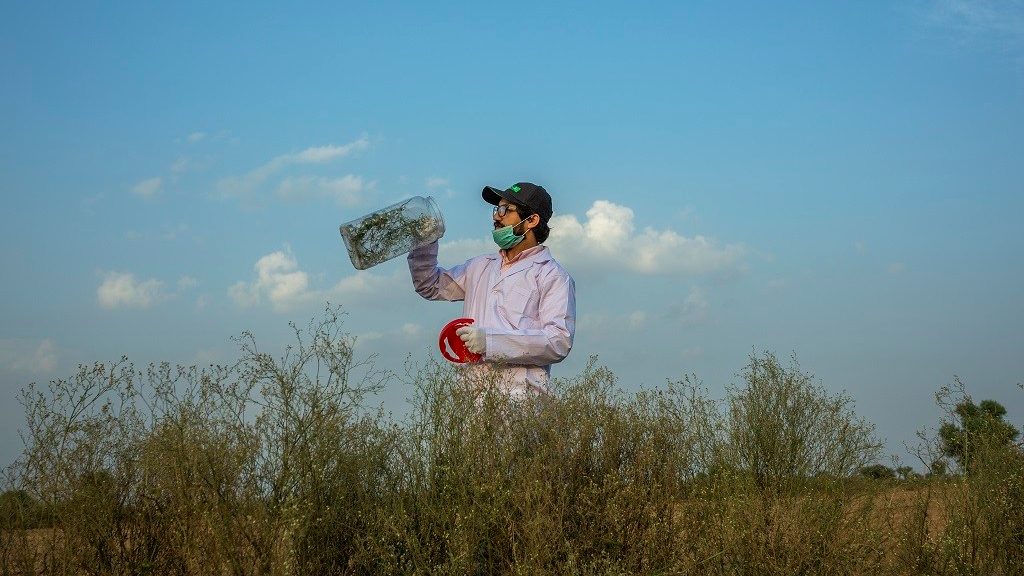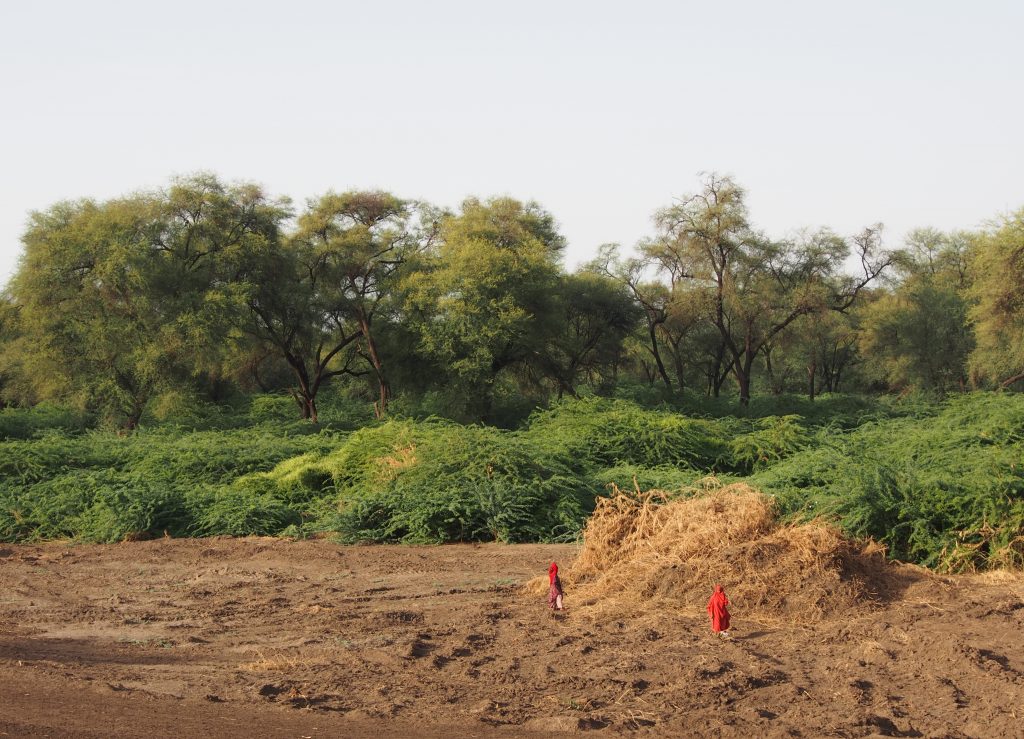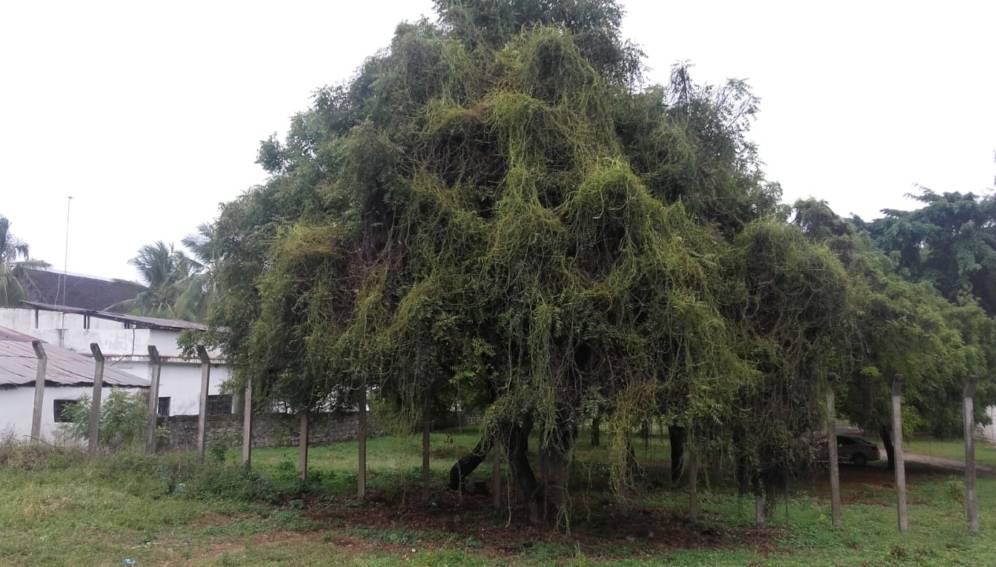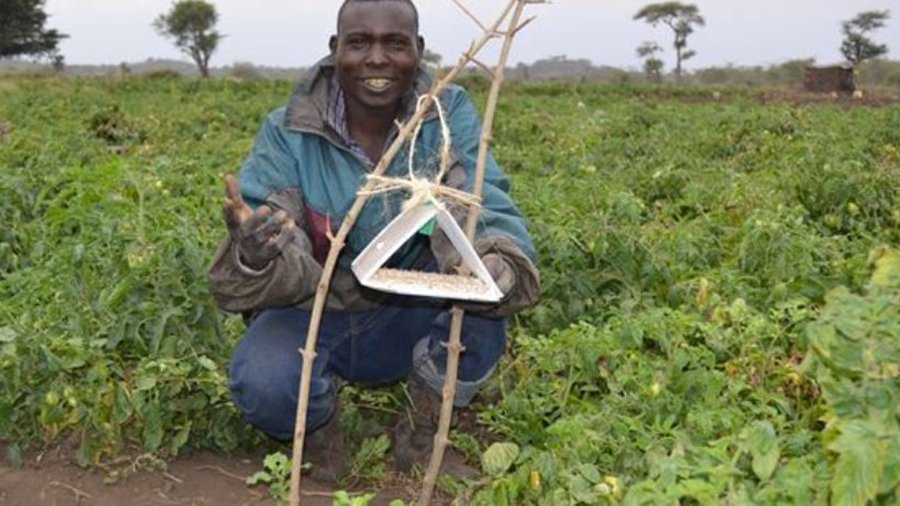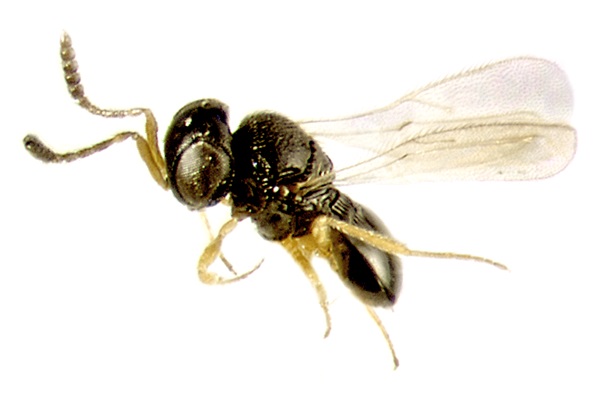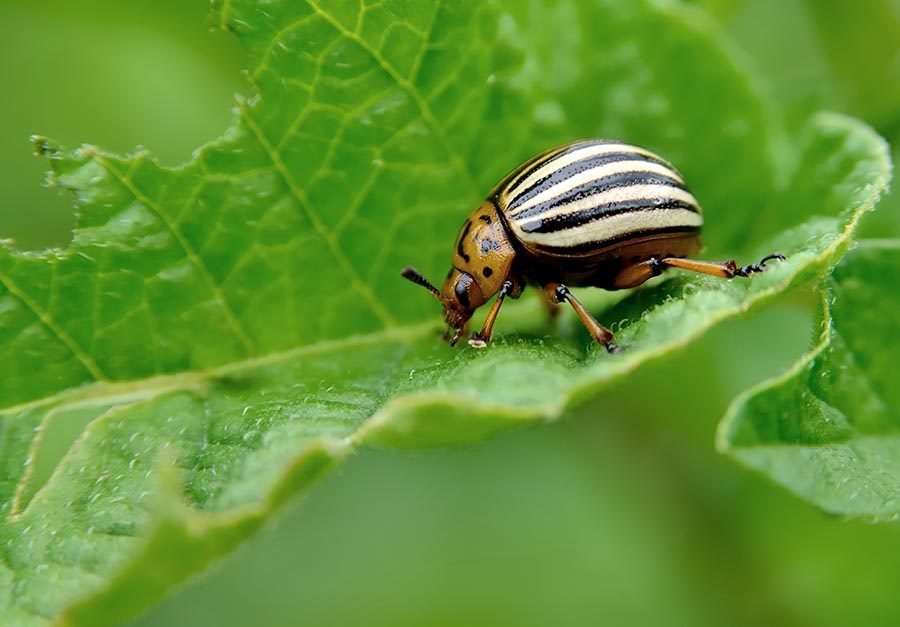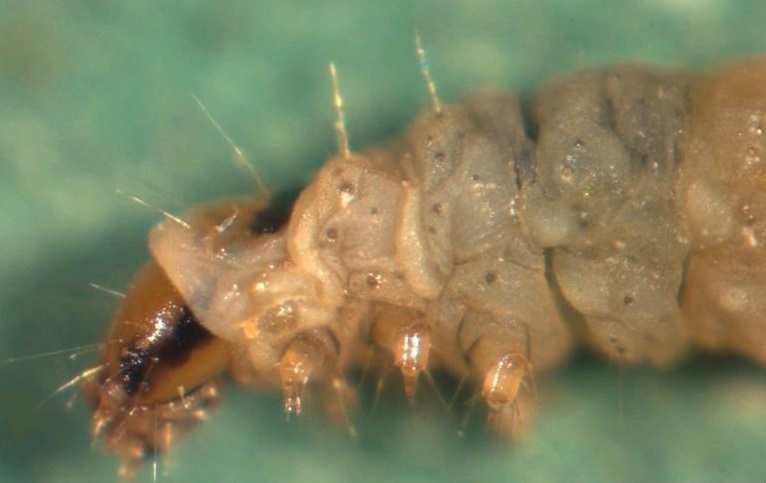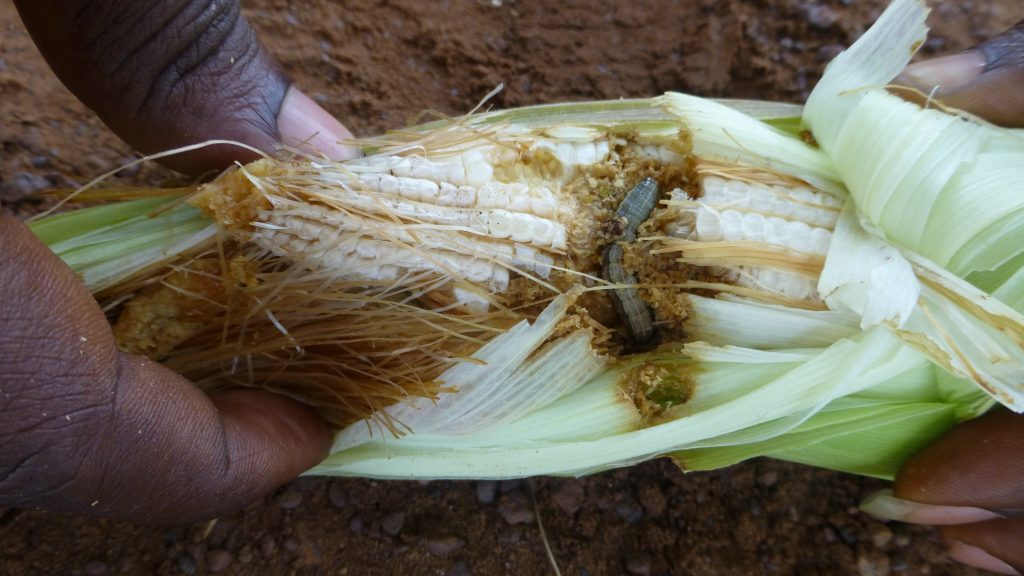Collaborative writeshop produces pest management decision guides for invasive species in Pakistan
Invasive alien species (IAS) have devastating impacts on native biota, causing the decline or even extinction of native species, negatively affecting ecosystems. Invasive plants, animals, insects and microorganisms enter and establish in environments outside of their natural habitat. They reproduce rapidly, out-compete native species for food, water and space, and are one of the main…
CABI’s new quarantine facility creates greater capacity for Parthenium research in Pakistan
CABI has increased its capacity to fight the highly invasive and destructive Parthenium weed by opening a new quarantine facility at its Central and Western Asia (CWA) offices and laboratories in Rawalpindi, Pakistan.
CABI publishes recommendations to fight scourge of parthenium weed in Central West Asia
CABI has published a new evidence note highlighting a list of recommendations to fight the highly-invasive parthenium weed which can have significant impacts on human health, the environment, livestock production and health and crop yields. The report ‘Parthenium: Impacts and coping strategies in Central West Asia’, states that the aggressively-spreading weed, now classified as a ‘superior…
New study reveals the massive ecological and economic impacts of woody weed invasion in Ethiopia
CABI scientists have revealed the massive ecological and economic impacts that the invasive alien tree Prosopis juliflora has had across the Afar Region of north eastern Ethiopia. Dr Urs Schaffner, who is supervising lead author Mr Hailu Shiferaw for his PhD studies, contributed to the Science of The Total Environment published research which shows that the…
Invasive weed could cut crop yields by 30 per cent
By Nicholas Okeya. Originally published on SciDev.Net. A dangerous invasive alien weed known as field dodder could be a serious menace to agriculture and biodiversity across Sub-Saharan Africa, and reduce crop yields, scientists say.
CABI-led study recommends improvements to how impacts of Non-Native Species are assessed
CABI has led an international team of Non-Native Species (NNS) specialists who have compiled a list of recommendations to improve the way in which the impact of a range of invasive pests – such as the tomato leaf miner Tuta absoluta – are assessed, potentially helping towards ensuring greater global food security.
Scientists confirm first report of egg parasitoid in Africa to fight devastating fall armyworm
A group of scientists have confirmed the first report of an egg parasitoid Telenomus remus in Africa which could prove an important biological weapon in the fight against the devastating fall armyworm (Spodoptera frugiperda) that threatens the food security of more than 200 million people.
New pest risk analysis decision support tool in development from CABI
A Pest Risk Analysis (PRA) allows National Plant Protection Organisations (NPPOs) to assess risks posed by pests or pathways of quarantine concern, and identify options to manage those risks. Recognising that there was a need for support in the completion of PRAs, CABI, under its Action on Invasives programme, has designed and is developing an…
Two heads may be better than one: using multiple methods in the fight against Tuta absoluta
Tuta absoluta is a major invasive pest that causes devastating crop damage worldwide. Insecticides are heavily relied upon to help curb their numbers, but because of problems with increased insecticide resistance and the environmental impacts of insecticides, scientists are trying to find new ways of fighting this pest.
Asia on alert as highly destructive fall armyworm spreads
By Trudy Harris. Originally published on SciDev.Net. Farmers and authorities throughout Asia need to be vigilant against fall armyworm invasions, after confirmation that the fast-moving pest has spread from India to China and now to South-East Asia, agricultural experts say.


